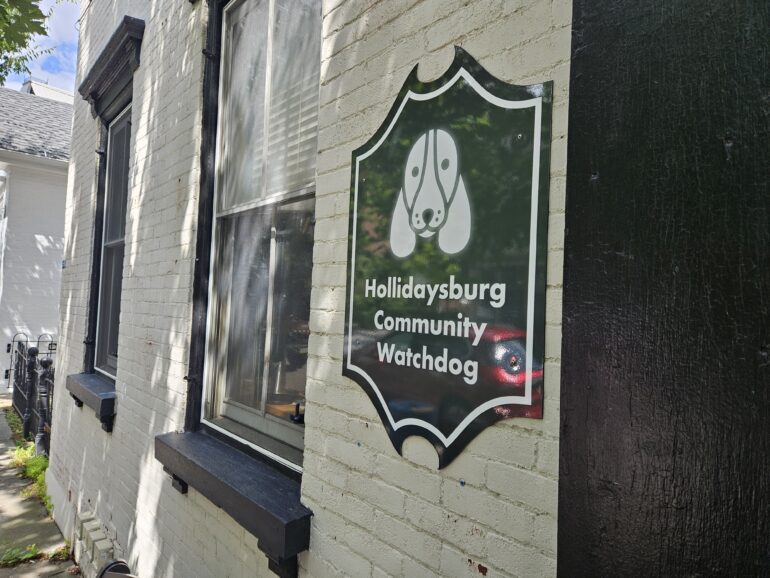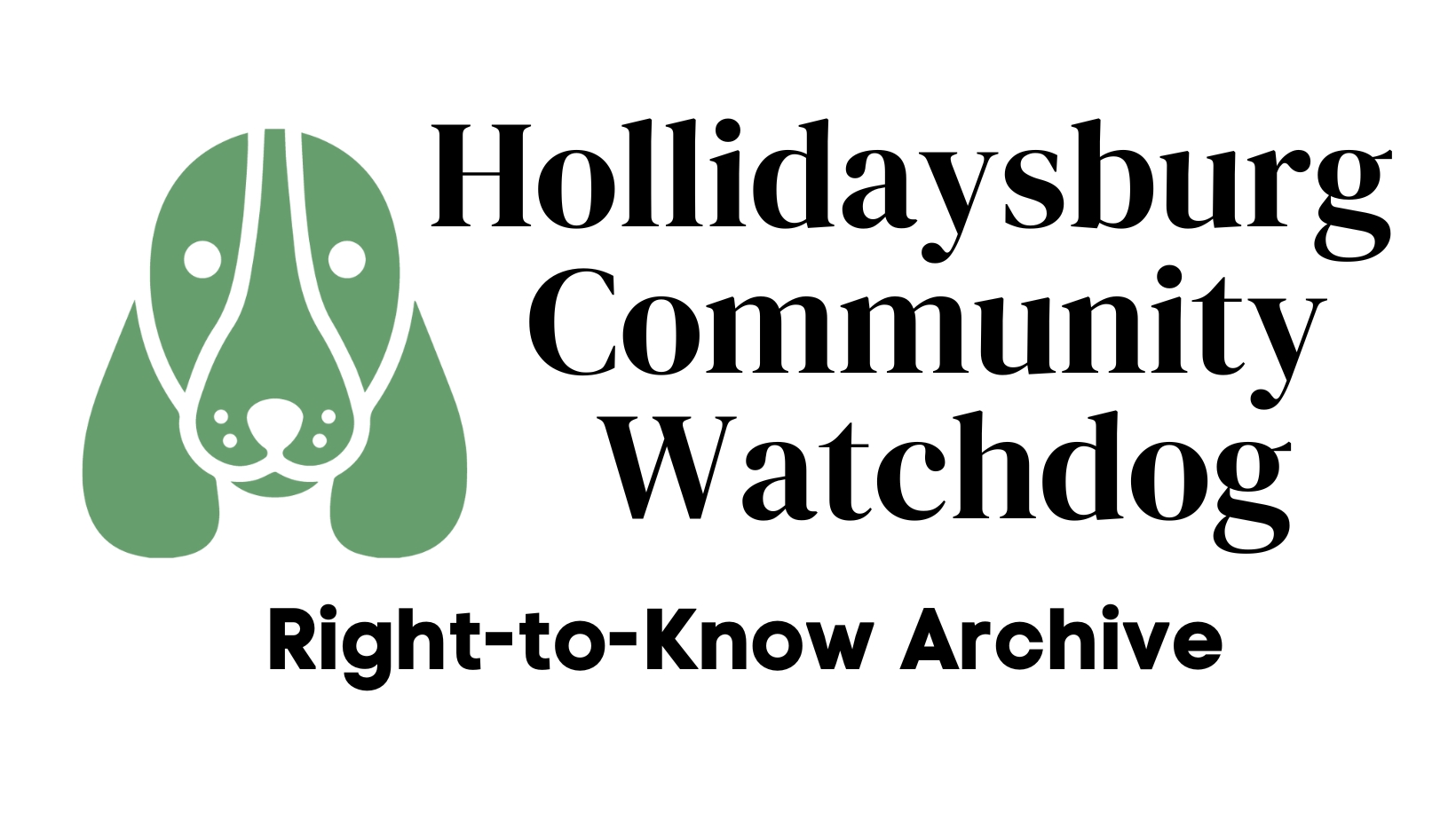The Watchdog has submitted dozens of Right-to-Know requests over the past eight years. We’re now pretty good at assessing the compliance of responding agency.
Here are the criteria we use for our compliance grades:
- Timeliness and cooperation: RTK requests take valuable agency time, so it is understandable that a reply isn’t always top priority for the open records officers who must track down the records, determine whether they are public and organize them into a lawful response. Watchdog requests are always crafted to be as specific and narrow in scope as we can manage, and are never used to harass or punish agencies or their employees. But many agencies must deal with requesters who abuse the process, filing frequent, overly-broad records requests, sometimes designed to intentionally waste time with punitive intent. Generally, we don’t object if an agency invokes a 30-days extension when the scope of our request warrants it. We’re happy to discuss the scope of our requests to help limit the amount of time compliance will take. We do deduct marks if the 30-day extension is invoked for a simple, narrow request for records we know are immediately available. And if after invoking an extension the agency continues to demand more time, we expect a very good reason.
- Good faith: There are many reasons why an agency may wish to hide records, delay their release or otherwise obstruct our access to public information. Our requests are often part of an investigation prompted by a citizen complaint we’ve received. No government is eager to reveal records that may indicate or expose official misconduct. Nonetheless, the RTK law makes clear that we are lawfully entitled to the public records we seek. An agency is not entitled to deny them merely because they may prove embarrassing in some way. The agency is also required to make a thorough and good faith search for the requested records, as long as the request is clearly worded and appropriately narrow in scope. The law is explicitly intended to grant power and standing to citizenry with respect to government. Unfortunately, we find some agencies are willing to break the law rather than release public records they’d rather keep secret. Other agencies engage in obstruction, raising spurious objections based on misinterpreted law to deny access to records, redact information that is public, or simply hide their existence.
- Completeness and quality. Sometimes agencies will try to (literally) “bury us in paper”, providing thousands of pages of unsearchable paper documents (which must be paid for) rather than the native digital files they possess. The intent is to raise the cost while lowering the utility of the information. Agencies often fail to provide an inventory or directory of the records they are providing, even though they would save both parties time and clarify matters if an appeal is filed in the Office of Open Records. Agencies frequently deny access to records without specifying which exemption under the RTK Law entitles them to do so, as the law requires them to do. At the other extreme, we’ve seen agencies deliver a few (usually unenlightening) documents, while simply failing to provide the meaningful public records we’ve asked for. Agencies are particularly reluctant to include internal email communications. These too are clearly public records, though they are subject to certain redactions. Sometimes the Watchdog already has a good idea of what records an agency possesses before we submit an RTK, thanks to leaks and whistleblowers within government (see this massive leak, for example, from Bedford County).


